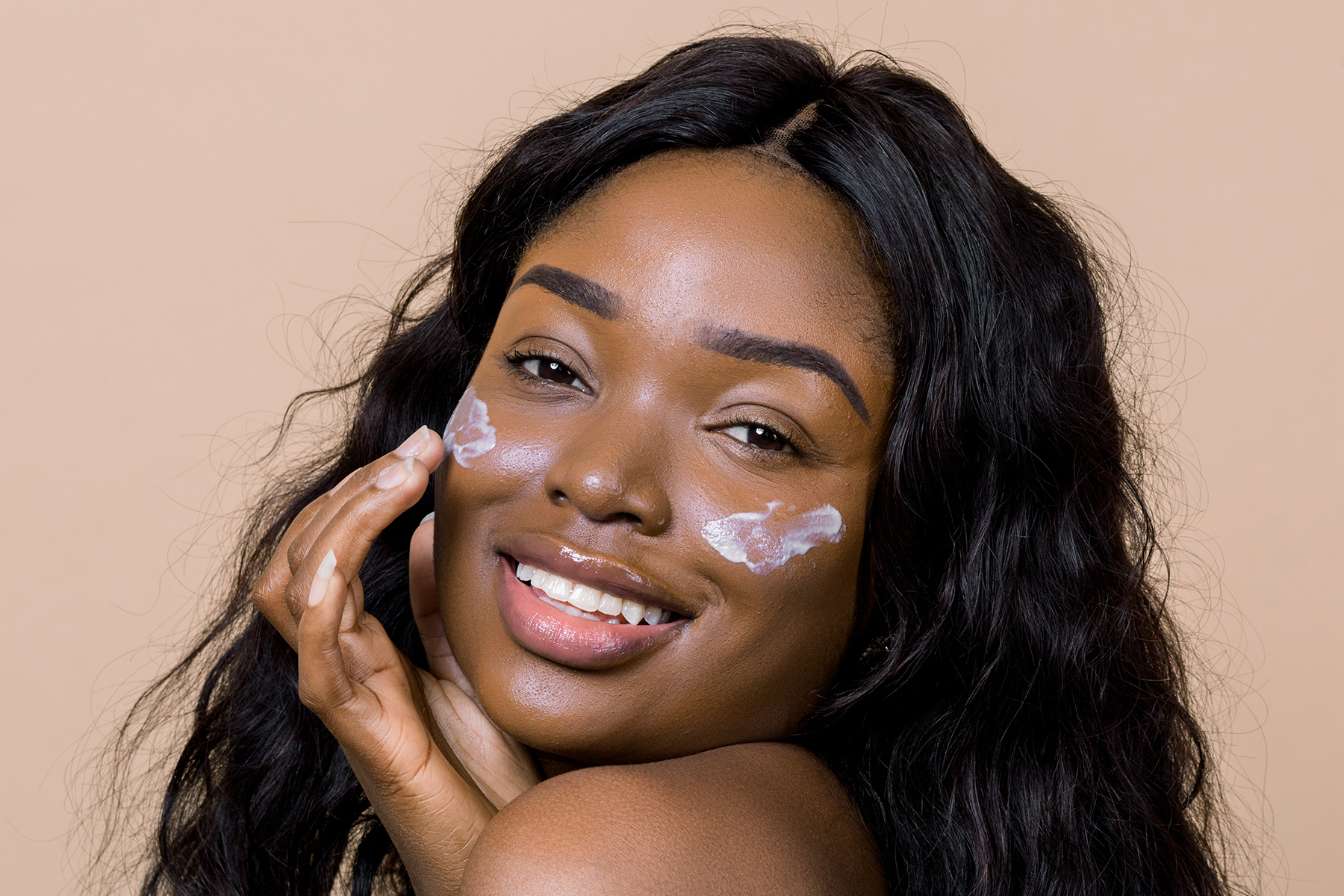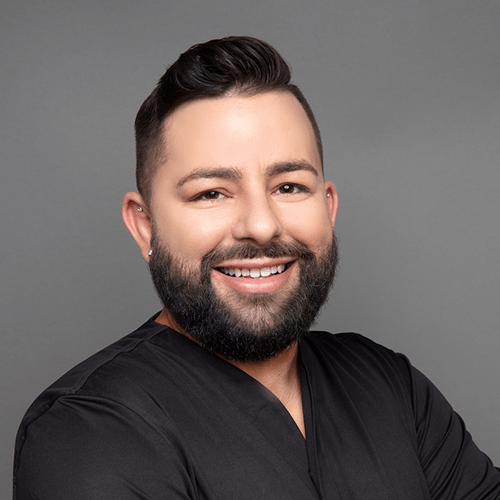The+Source
Even if you only give the labels on your beauty products a passing glance, you’ve likely noticed that “vegan” is becoming more and more prevalent on packaging these days. You may be wondering if that’s even an important designation or just another clever marketing gimmick.
As it turns out, vegan skincare can have extra benefits you may not be aware of (even if you’re happily an omnivore). But first, it’s important to understand what “vegan” means.
Vegan is more than vegetarian
Vegetarian means no animal slaughter was involved in production. And “animal” extends to poultry, fish, and seafood. The definition of vegan goes a step further. To be vegan also means excluding any animal byproducts, which encompasses things like dairy and eggs, from the process.
What vegan is not—a synonym for “cruelty-free”
Although both relate to animal welfare, the terms “vegan” and “cruelty-free” don’t connote the same thing. A vegan item is one that’s made without any animal products or byproducts. Cruelty-free, on the other hand, connotes that the product (and its individual ingredients) hasn’t been tested on animals. Something can be cruelty-free and still be formulated with animal derivatives. And theoretically, a vegan product could be tested on animals, although it seems highly unlikely.
What are the benefits of vegan skincare?
You’re well aware that a diet rich in fruits and vegetables is chock full of beneficial antioxidants and anti-inflammatories, along with key vitamins and other essential nutrients. So it will come as no great shock to learn that vegan skincare shares many of these same properties, which translates to a healthier-looking, more radiant complexion. Plus, switching to plants from animals benefits the overall environment and is considered by some to be more humane.
How can you tell if your skincare is vegan?
Although there’s no one single icon that denotes something is officially certified vegan (the way the bunny indicates a product is cruelty-free), many skincare companies that manufacture vegan products will proudly label it on their packaging.
Still, it’s always a good idea for a consumer to cross-check an item’s list of ingredients, just to be extra-sure. Especially because sometimes, things that sound as though they would be vegan aren’t really vegan at all. Case in point…
Surprise! These ingredients aren’t vegan
They may seem like it, but some of these popular skincare components aren’t even vegetarian, much less vegan.
Beeswax: Although popular in lip balms, beeswax is more than just a salve for chapped lips. A natural humectant that locks in moisture, beeswax can remedy dry skin on all parts of the body. While beeswax doesn’t contain any bee parts (it comes from the honeycomb worker bees produce to store honey), even careful harvesting of beeswax can result in bee death. Plus, it’s taking something away from the bees, which goes against one of the main points of veganism.
Collagen: Inside your skin, collagen provides the support structures necessary to keep your complexion firm and plump. Inside your skincare, collagen provides noticeable moisturizing benefits. While there are some new forms of vegan collagen genetically engineered from yeast and bacteria sources, the majority of the collagen used in skincare formulations comes from animals, typically cows, pigs, and fish.
Gelatin: A cooked form of collagen, gelatin contains many of the same skin benefits as its predecessor ingredient, including moisturization. It’s also often used in beauty product formulation as a thickening agent. Although gelatin can come from plants, its most common forms are made by boiling the skin, tendons, and bones of animals (most often, cows or pigs).
Honey: Another byproduct of bee labor, honey (an antibacterial humectant) can be used for a multitude of skin fixes, from moisturization and exfoliation to the clearing of acne and the fading of scars. But for the same reasons as beeswax, honey is not considered vegan.
Lanolin: Lanolin oil is secreted by sheep to condition their wooly coats. And in the way that it protects and moisturizes their wool, lanolin does the same for skin and hair. An emollient, lanolin traps water in moist hair and skin to keep it soft and supple. Lanolin is extracted from a sheep’s wool after it is sheared, so gathering lanolin doesn’t harm the animal. (That said, there is plenty of debate about animal cruelty in regard to mass-produced wool—and lanolin.) But since lanolin is produced by sheep, regardless, it doesn’t fall under the vegan heading.
Silk protein: This water-binding ingredient comes from converting the silk fibers found in a silkworm’s cocoon. Valued for its moisturization properties, silk protein can be considered cruelty-free (if the silk threads are collected after the silkworm leaves the cocoon). But since it comes from silkworms originally, silk protein isn’t vegan. (Hydrolyzed silk, another popular ingredient, is made by boiling silkworms, so it’s clearly neither cruelty-free nor vegan.)

